After my narcissist was arrested for the second time for assault, I was distraught and devastated. Not only was I recovering from my physical injuries, but I was also dealing with a smear campaign and flying monkeys. To add insult to injury, his arrest was published in the local newspaper and broadcast on the local radio station. I covered for him the first time he was arrested (at his urging), and I knew that I could not cover for him again. People were nice enough to me, the first time, but I knew that they doubted my cover-up story. And why wouldn’t they? It was all BS – but BS to protect my narcissist, his children, and our family from scrutiny in a very small town where everyone knew everything about everyone else.
In the months following my narcissist’s second arrest, I felt so many weird emotions that, in hindsight, make almost no sense; they seem wildly out of place.
Two of the most prevalent emotions I felt were shame and embarrassment.
Why did I feel these things? I was the victim. And why didn’t he seem to feel these things? He was the abuser. But I guess that is one of the million differences between an Empath and a Narcissist.
Upon reflection, I have come to realize that a good part of the reason why I felt shame and embarrassment and he did not is because of the victim-blaming comments and innuendos people make, and the hurtful and, quite frankly, stupid questions people ask. I have, therefore, compiled a list of just three of the hundreds of inappropriate comments people make and an analysis of why they are wrong/ how to reframe this way of thinking into something powerful and uplifting.
The purpose of this blog post is twofold – 1) to encourage people not to ask these questions/ make these statements because they revictimize the victim and remove guilt from the guilty, and 2) to help victims and survivors reframe their way of thinking so that they take power back and reclaim their voices.
1) If the abuse was so bad, why did you go back to your abuser?
Breaking Down the Question’s Stupidity: I heard this one from several people, some of whom pride themselves on being ‘feminists’ and ‘advocates’ for victims (yeah, right - they were really Flying Monkeys). This question, which is actually an accusation, is grounded in the age-old assumption that people who are really abused leave their abusers immediately. There are a million reasons why someone might go back to their abuser, and not one of them is because the abuse was acceptable or justified.
Ekho’s Response: In my case, I went back with him because I loved him and believed that he could change. I was worried about who would protect his children from his terrible and dangerous behavior. I was scared that he would start smearing me (which he did) if I left. I was afraid of social isolation (which I endured). I was trauma-bonded. I didn’t want to be that woman who was divorced three times. I was worried about who would get the house – if he got the house, my children and I would be homeless; and if I got the house, his children would be homeless – either way, some of my children would be homeless.
Advice for the Person Asking this Rude Question: Shame on you. Rather than asking this highly offensive question, I would suggest just supporting the victim / survivor, and if you have to open your flap and say something, maybe ask “How did you find the courage to finally leave your abuser?” This video by Dr. Ramani sheds some light on why people stay in abusive relationships.
Support for the Recipient of this Rude Question: I am proud of you. You likely faced dozens of obstacles and still decided to protect yourself and get out of the abusive relationship. You are braver than you know and stronger than you think.
2) What role did you play in the relationship becoming toxic?
Breaking Down the Question’s Stupidity: This harmful question is based on the assumption that victims of abuse did something to deserve the abuse. My dear friend reminded me of a quote by Patrick Stewart regarding his mother’s abuse.
Worse, there were those who condoned the abuse. I heard police or ambulancemen, standing in our house, say, "She must have provoked him," or, "Mrs Stewart, it takes two to make a fight." They had no idea. The truth is my mother did nothing to deserve the violence she endured.- Patrick Stewart
In the case of Stewart’s mother, these comments were made decades ago. However, they are still common today. I know because, in 2023-2024, I heard them from numerous people. The underpinning philosophy is that people who are abused do something to provoke abuse. It shifts the blame from the abuser (where it rightfully belongs) to the victim.
Ekho’s Response: In my case, I guess I was guilty of calling him out on his lies, prohibiting him from drinking and driving, pleading with him to not spend multiple nights every week in a bar, and wanting him to put his children and wife before his desire to drink. If these behaviors warrant me getting my head slammed into the wall – resulting in a concussion, cervical strain, and a broken collarbone, then I guess I “deserved it.” But they don’t, in fact, nothing warrants abuse, so stop victim-blaming.
Advice for the Person Asking this Rude Question: Stop victim-blaming and move into the 21st century where abuse is not normalized and considered ‘just part of life.’ As an enabler, you are defacto abusing and revictimizing the victim.
Support for the Recipient of this Rude Question: You did nothing to deserve abuse. No one does anything ever to deserve to be abused. Never think that you did (or didn’t do) something and, therefore, your abuse was justified. You are the victim, your abuser is the villain, and don’t let anyone tell you otherwise.
3) Why didn’t you press charges, get a PFA, call the police, etc.?
Breaking Down the Question’s Stupidity: This question is mostly based on ignorance about PFAs and the criminal justice system. The person who asks this foolish question must be woefully naïve and believe:
- A PFA (i.e., a piece of paper) actually protects victims;
- There is no fear that the abuser will take revenge on their victim;
- The court system actually protects victims;
- There are no repercussions for the rest of the family if the abuser (who is often the primary breadwinner) is sent to jail;
- There are no social, financial, physical, or emotional pressures dissuading victims from taking action; and,
- That the victim will actually be believed.
If you believe any of these things – read a book on violence, narcissism, and abuse, or talk to a survivor.
Ekho’s Response: Why didn’t I get a permanent PFA? Because I was afraid of the real-life repercussions. First and foremost, he might have sought revenge and I don’t think that paper would have stopped him. Additionally, my narcissist was funded by a third party to research domestic violence and abuse. He would have lost his job and funding with a permanent PFA. My stepsons relied on their dad for all of their financial needs. I was worried about these two boys – whom I loved – and their future. Why didn’t I agree to a court trial and, instead, settle for the Domestic Violence Diversion Program? For the same reason that I didn’t get a PFA. What would have happened to his kids? If he had sought revenge against me – what would happen to my kids without a mom? What would people in my small town think? Would I lose my kids for having an abuser in the house?
Advice for the Person Asking this Rude Question: There are a million plus reasons why a victim might not get a PFA or press charges. Obviously, you have never been in this position or else you wouldn’t ask such a silly and offensive question. My advice – First, thank your lucky stars that you have never had to make this type of choice. Second, educate yourself on patterns of abuse and victims’ responses. Third, learn to mind your own business.
Support for the Recipient of this Rude Question: Whether you chose to press charges, get a PFA, call the police, etc., or whether you chose not to, it is irrelevant. You are the victim. It is not your fault. It is not your responsibility to explain your decisions to anyone. You are the subject-area expert on your life, and I have every confidence that you made the decision that was right for you and your family. That is your only obligation - to protect you and yours, and how you do that is no one else’s business.
In closing, here are the takeaways I hope people get from this blog.
- If you are the stupid-question-asker – Just stop. Mind your own business and educate yourself on abuse, narcissism, smear campaigns, flying monkeys, and survivors. Find a way to support the victim (or at least not hurt them) rather than judging them.
- If you are the stupid-question-recipient - I am sorry you are dealing with this. It is never your fault. You owe no one an explanation for your decisions and you are braver, stronger, and more capable than you know.

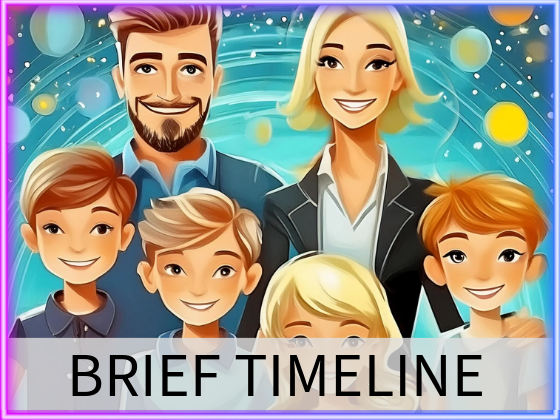

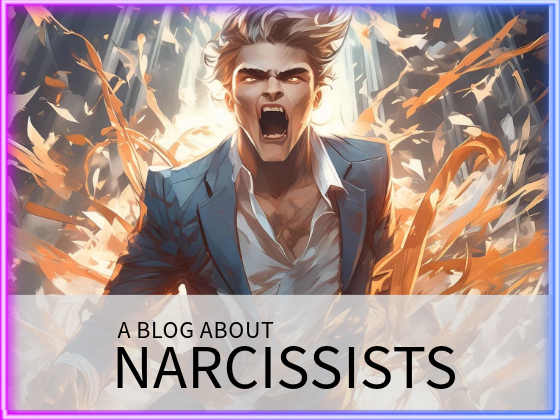
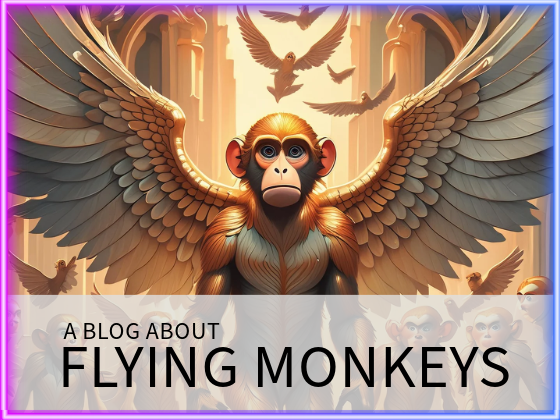
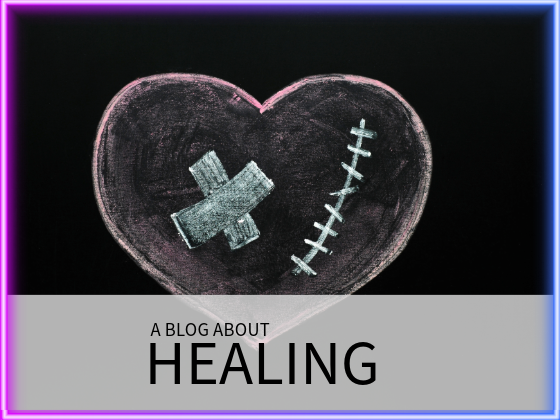
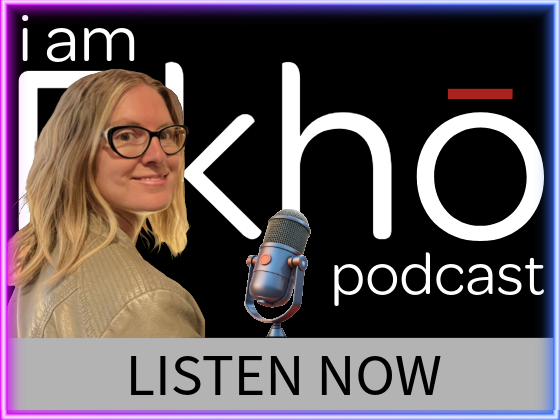
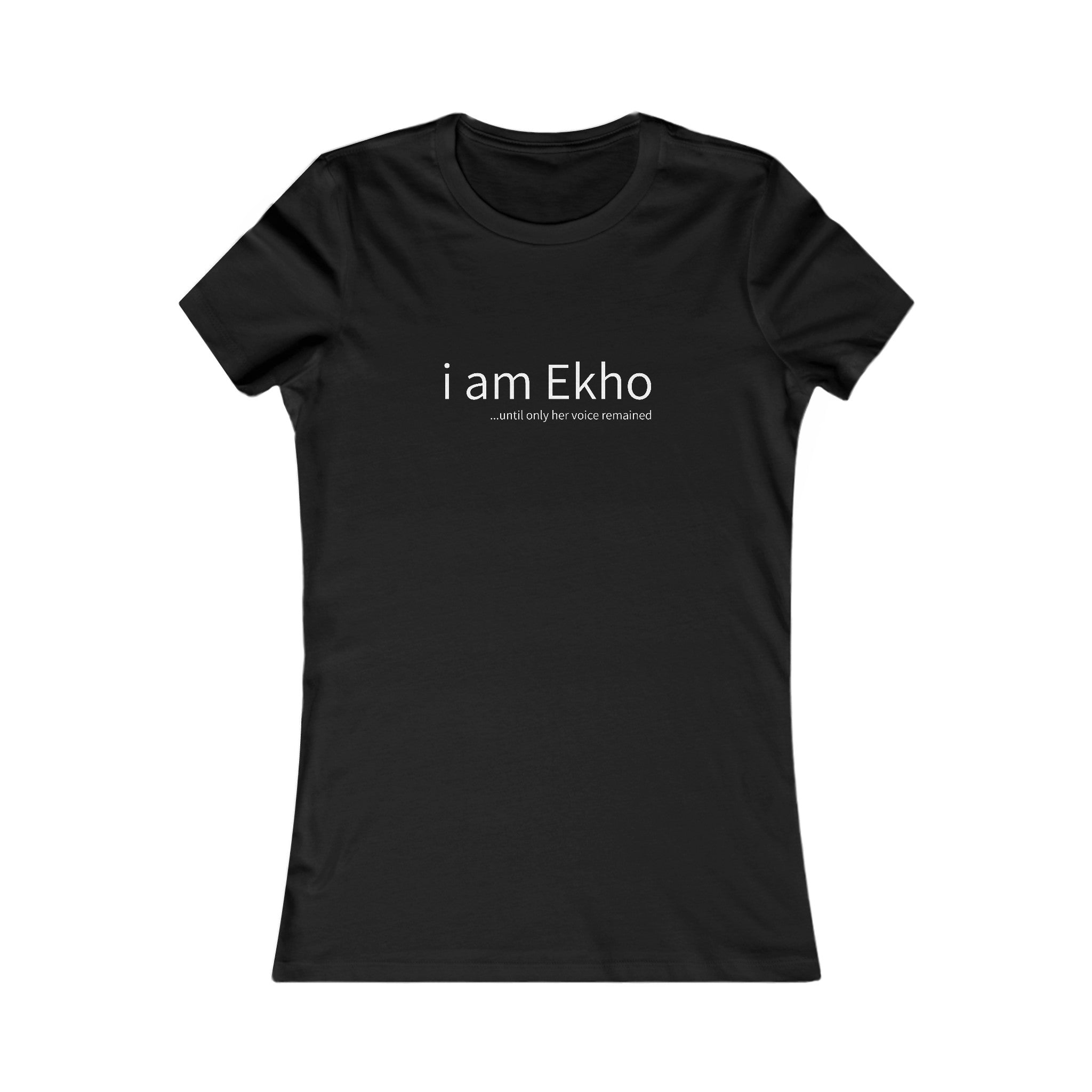
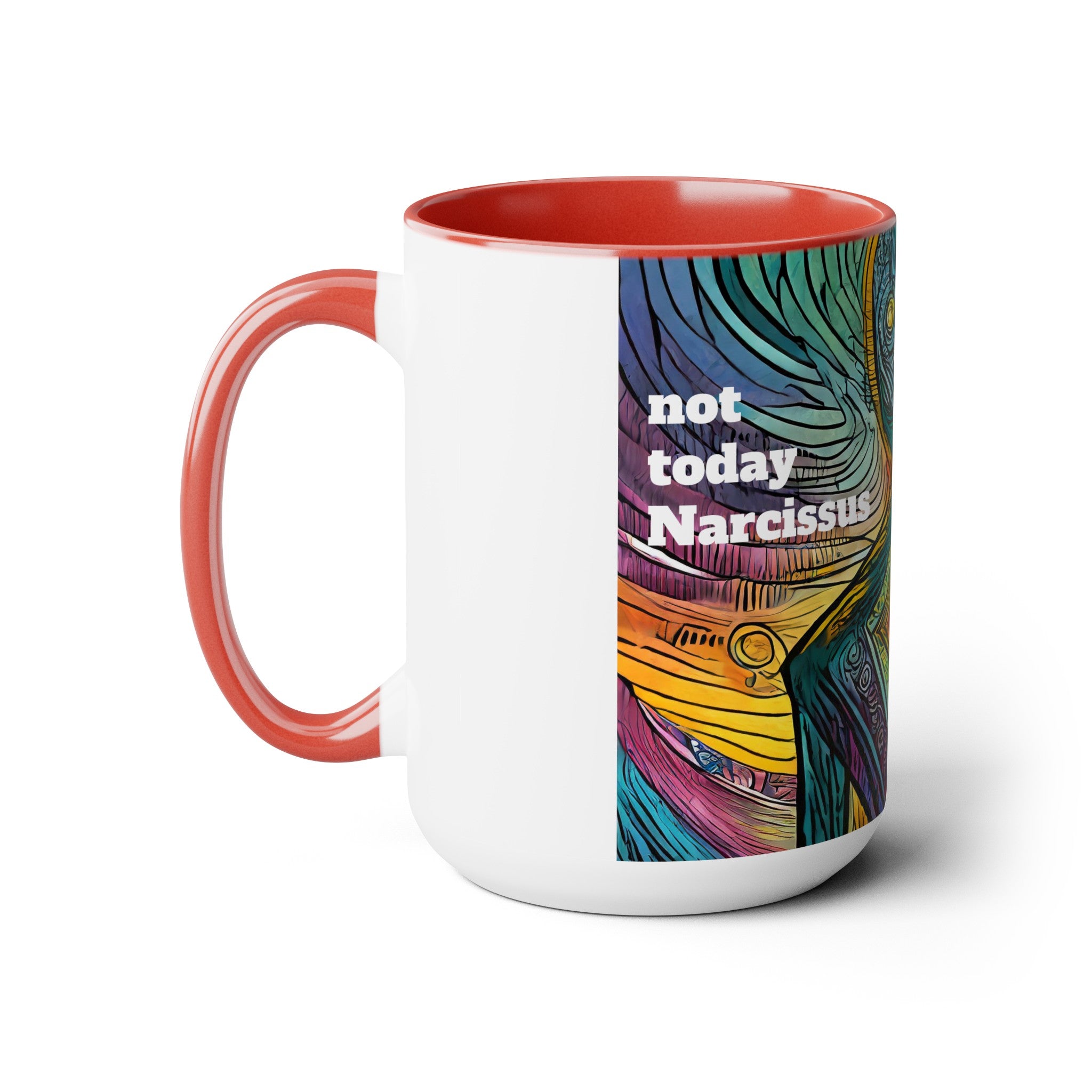
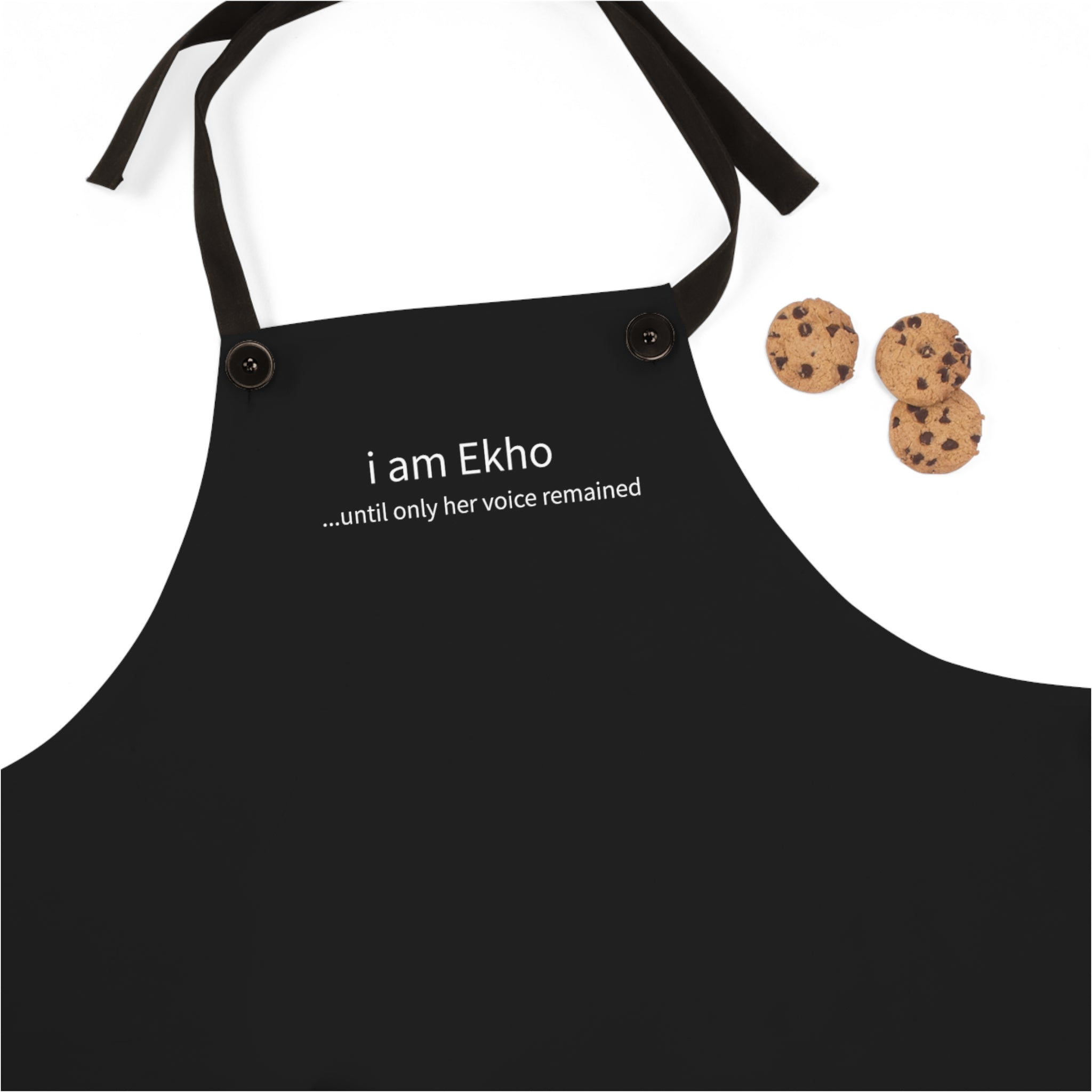











1 comment
Lynne
People have no idea how to recognize abuse or support victims – so they ask these dumb and hurtful questions. Thanks for posting.
People have no idea how to recognize abuse or support victims – so they ask these dumb and hurtful questions. Thanks for posting.